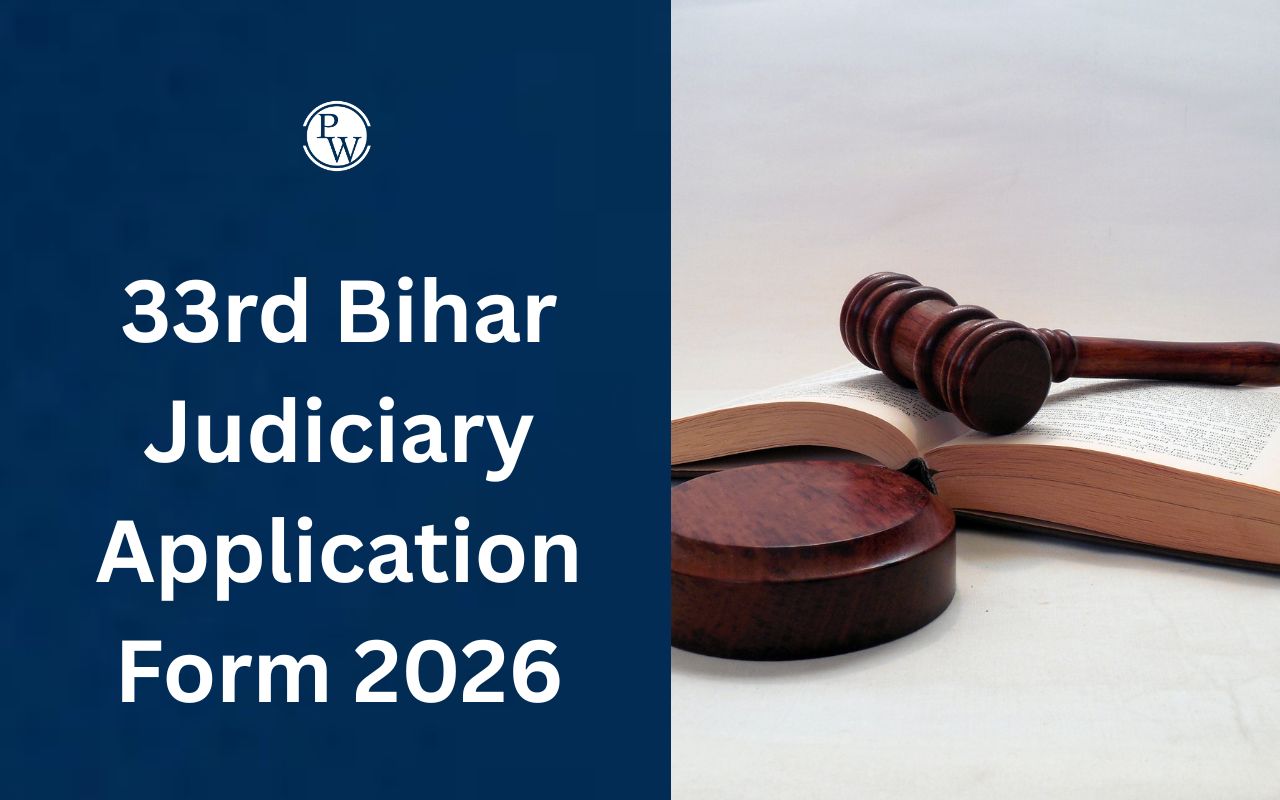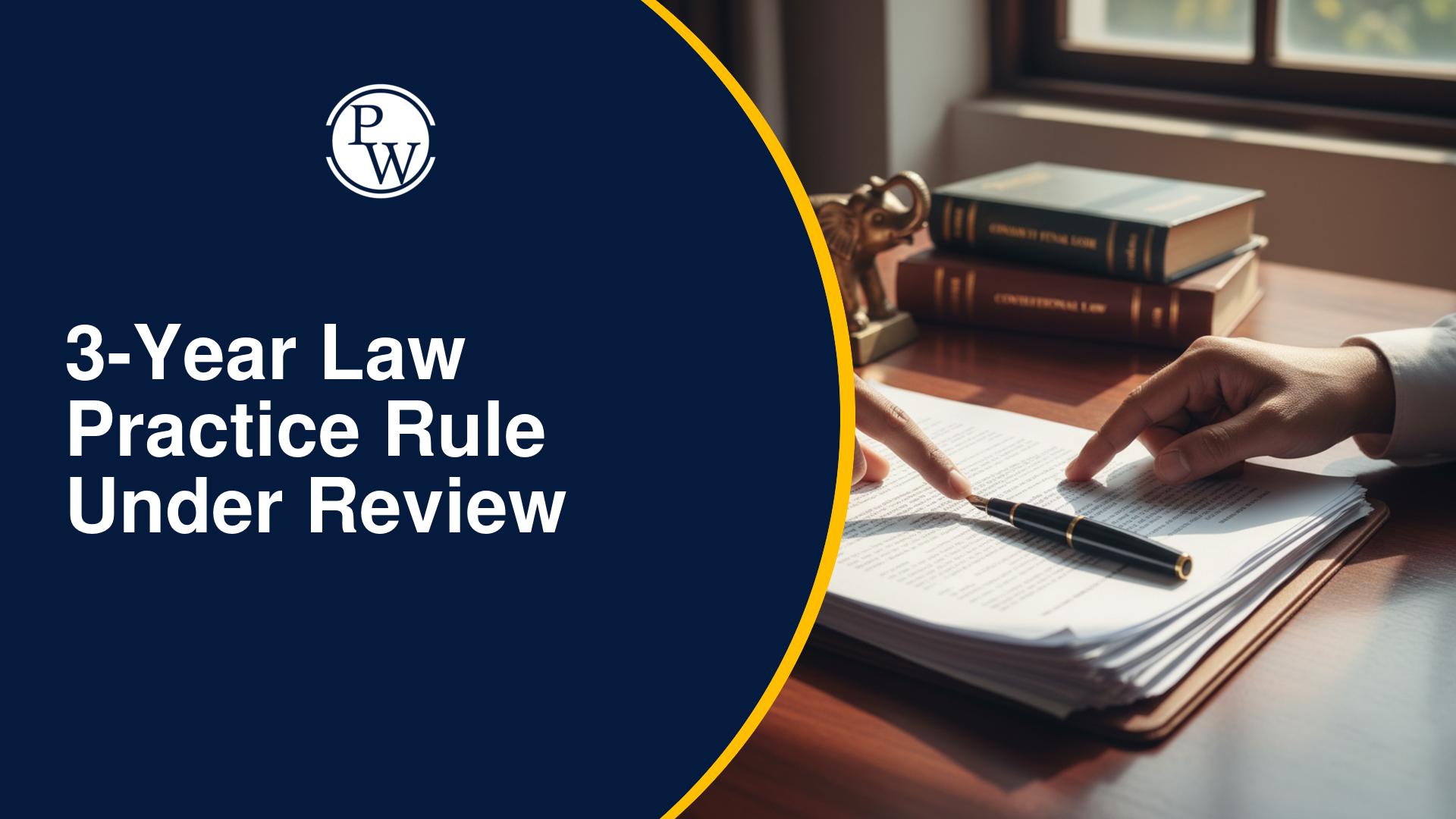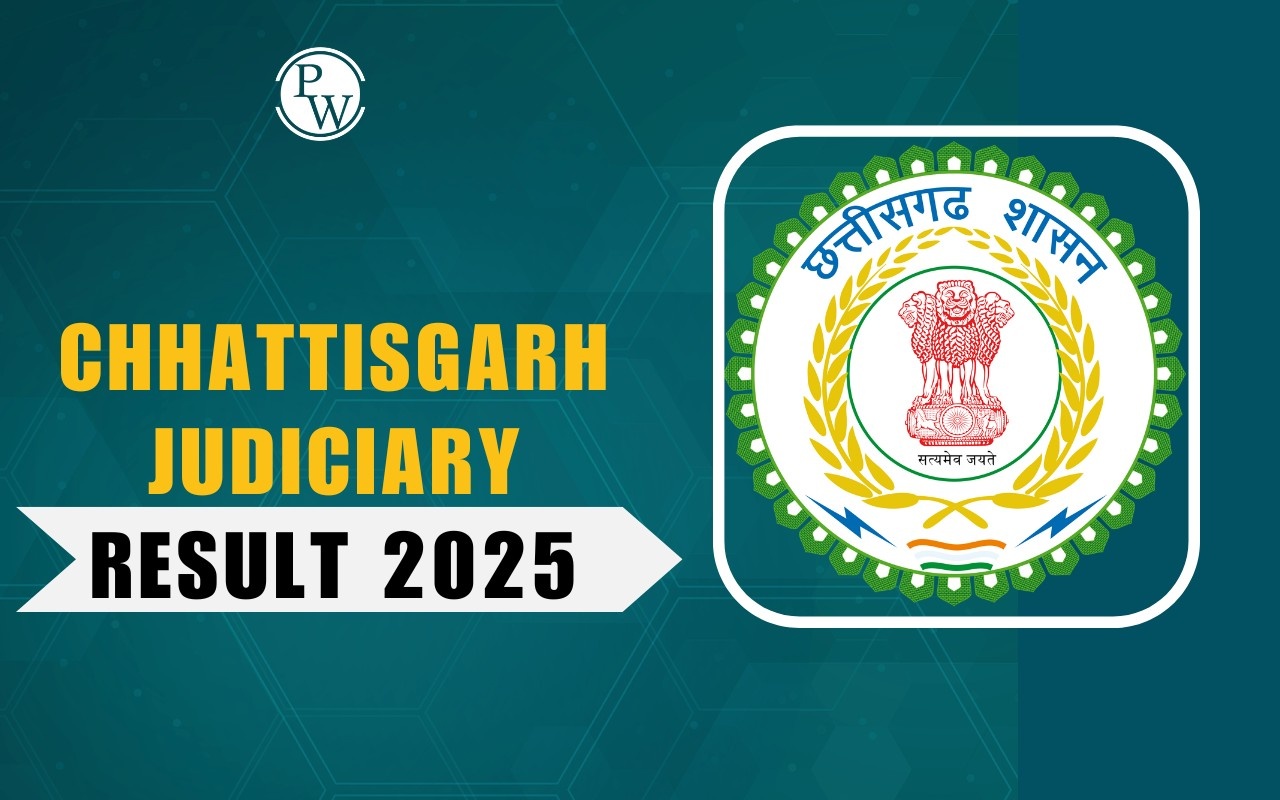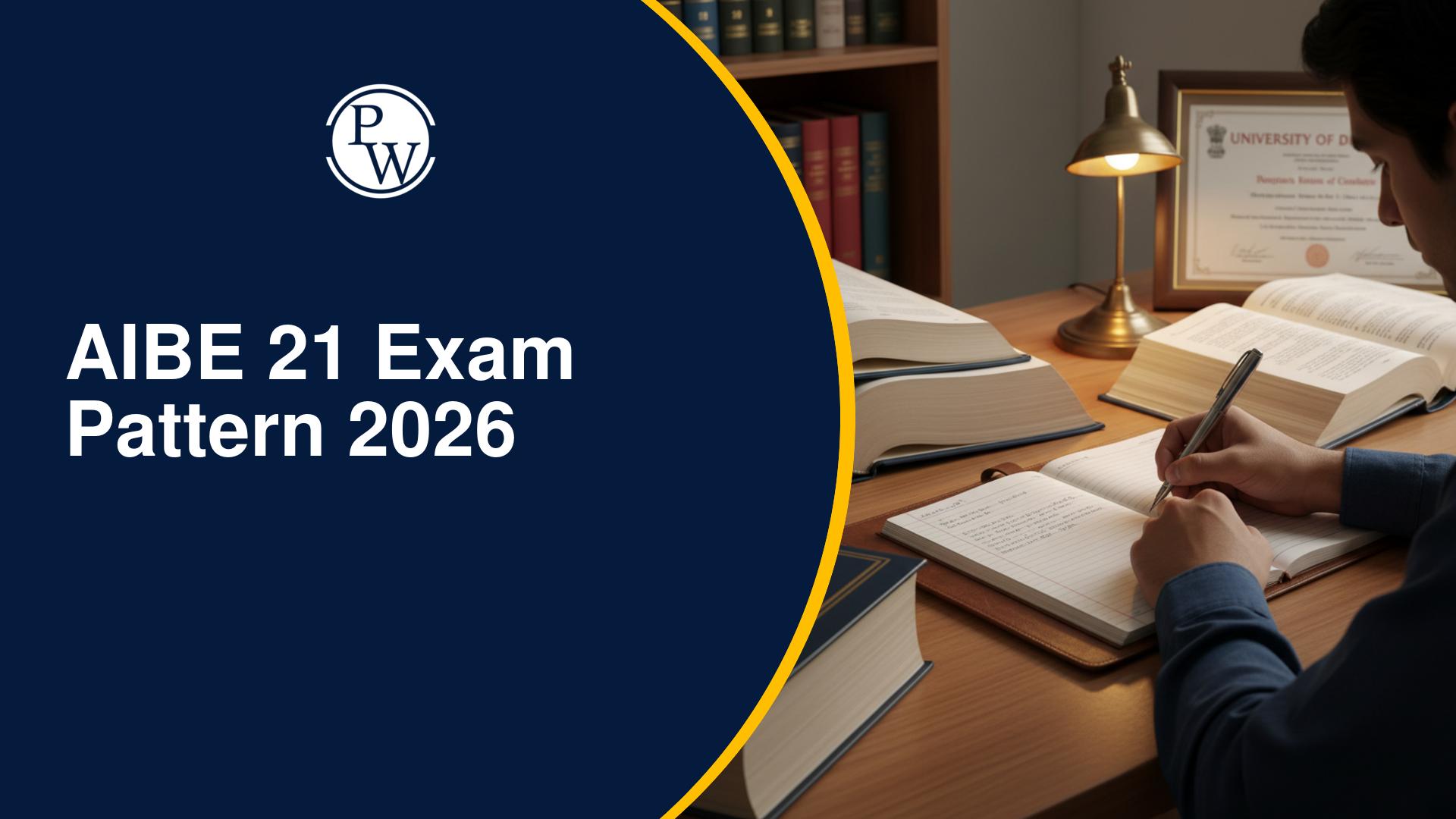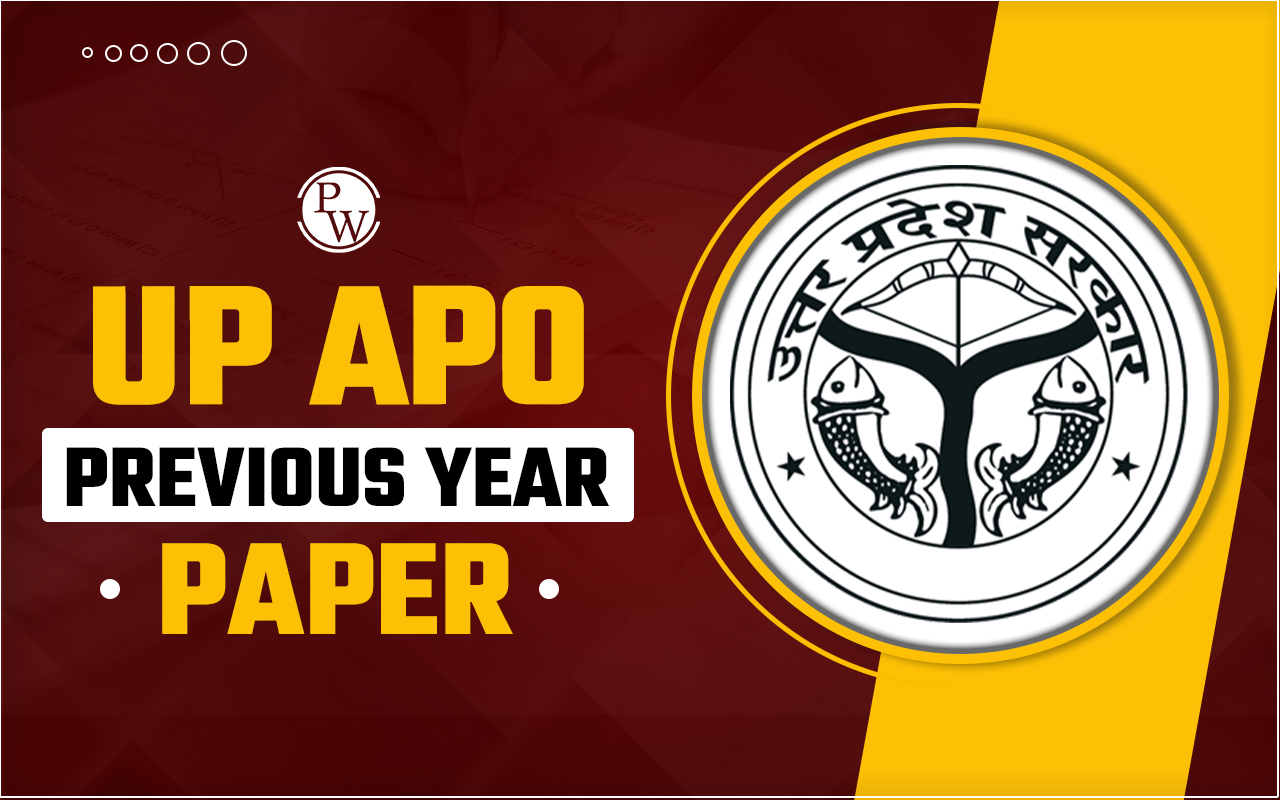
What is Legal Drafting: Legal drafting is an important skill for people who study law and students taking competitive exams for government and legal services. Legal drafting is the skill of expressing rights, duties, or agreements through clear, accurate, and legally binding words. This is when you take all of the legal concepts and rules and translate them into a written form, in the form of contracts, wills, petitions or agreements that set out relationships or responsibilities between people or organizations. Drafting legal documents is necessary to avoid any misunderstandings or disputes at a later date.
What is Legal Drafting?
Legal drafting is the process of creating legal documents that are enforceable and unambiguous. The drafting process makes it easy to make complex legal principles readily understandable and to create a method of operating within the legal system. Some common examples include contracts that protect business deals, wills for passing on property, and petitions used in courts. Each document must be legally correct and express exactly what the involved parties want to agree upon or confirm.
Types of Legal Drafting in Law
Legal writing consists of a number of areas of writing depending on the document being drafted. Each area requires a different skillset that primarily emphasize the same focus of clarity, accuracy and legality of the document. Here are the areas of Legal Drafting elaborated in this article-
-
Transactional drafting is comprised of transactional documents such as contracts, leases and agreements which governs business or personal transactions. The objective of transactional drafting is to define rights, duties, timelines and compliance of the document to the law in the strictest possible terms.
-
Litigation drafting: Litigation drafting consists of the documents that are filed with the courts (pleadings, petitions, affidavits, notices of legal proceedings etc.) in regard to a lawsuit or an action in legal proceedings. Litigation documents use procedural rules from the court and are drafted and written clearly, concisely and persuasively.
-
Legislative drafting consists of laws, statutes, bills and rules, written by governments to be understood and enforceable in public law.
-
Policy Drafting: Drafts internal rules, policies, or codes of conduct for organizations or governments that promote compliance with the law and good governance.
-
Research-Based Drafting: Includes legal opinion letters, legal memoranda, and legal reports where lawyers assess the law and provide advice on clients' rights or risks associated with certain conduct.
-
Estate Planning Drafting: Drafting wills, trusts, and power of attorney documents, which need to be very clear to avoid disputes among heirs.
Importance of Legal Drafting
Poor drafting has the potential to create confusion, monetary loss, or litigation; therefore, learning this skill well is very important for those wanting to become lawyers, as well as all lawyers and legal professionals. Legal drafting is significant because legal documents that are drafted well:
-
Protection of rights: Would clearly state the rights and obligations of the parties to avoid disputes.
-
Reduction of ambiguity: Clarity provides a likelihood that there will be no misunderstanding or loophole.
-
Compliance with the law: Drafts must meet the legal and regulatory requirements of the applicable law.
-
Facilitate enforcement: Clear drafting provides a better opportunity for the enforcement of agreements or claims in a court of law.
-
Time savings and cost avoidance: Anticipating the possibilities of disputes reduces the likelihood of costly resolution by anticipating and accommodating risk in advance.
How to Learn Legal Drafting?
Consistent practice and review help develop the ability to draft documents that are clear, effective, and legally sound. Learning legal drafting involves both study and practice:
-
Obtain Legal Education: Programs/degree courses, like LLB or integrated law programs, will teach the basics of drafting.
-
Know Document Formats: Ensure you have studied the document format drafted for contracts, petitions, wills, etc.
-
Examine Draft Samples: Find drafts that are already drafted well, and review them.
-
Practice Writing: Draft documents on hypothetical cases, and practice writing.
-
Seek Feedback: Learn from experienced lawyers or teachers through workshops or internships.
-
Keep Updated: Laws and drafting styles evolve, so continuous learning is essential.
Challenges in Legal Drafting
Legal drafting also comes with challenges. Successfully overcoming the challenges requires attention to detail, deep legal knowledge, and experience-
-
Complex Language: Who knew it was so tough to find a balance between legal constructions and plain language?
-
Unclear Language: Clarity in writing is vital; every word counts. Using vague language can invite ambiguity and/or challenges.
-
Comprehensiveness: Everybody needs to be interested in every legal issue, exception, and condition.
-
Keeping Current: Laws change regularly, and you must stay current.
-
Client Goals: The drafts must reflect the clients' goals clearly without contradiction.
Legal Drafting as a Career
For those interested in legal work and documentation, legal drafting can be a great future opportunity. As a legal drafter, you will prepare clear, precise and legally enforceable documents, such as contracts, wills, pleadings, notices, and agreements. Skilled legal drafters are in high demand in law firms, corporate legal departments, government agencies and non-profit organizations (NGO's). Legal drafters provide businesses and government agencies with clarity in legal documents and help minimize disputes that arise from poorly drafted legal documents. With the rise of complex regulations and corporate compliance, demand for expert drafters has increased significantly. Legal drafting offers various job roles, including legal drafting executive, contract analyst, legal associate, and compliance officer
-
Lawyers: Draft contracts, pleadings, and opinions to represent clients.
-
Corporate Legal Advisors: Prepare agreements and policies for businesses.
-
Government Officers: Draft legislation and regulations.
-
Legal Assistants/Paralegals: Support lawyers by preparing drafts and documents.
-
Self-Employed Legal Consultants: Offer drafting services for various legal needs.
Explore the Judiciary Coaching 2025 to access essential resources for Judiciary exam preparation, including detailed insights and strategies. Dive into the Judiciary 2025 for structured courses and focused study plans designed to help aspirants excel in their exams.
What is Legal Drafting FAQs
What is legal drafting in its simplest form?
What is the significance of legal drafting for law students?
What are the main types of legal drafting?
How can I learn legal drafting effectively?

